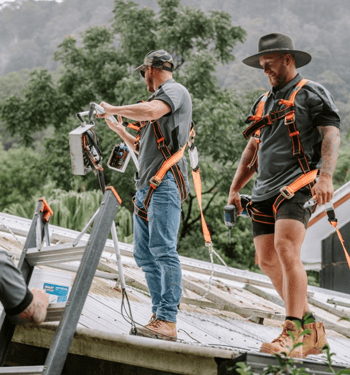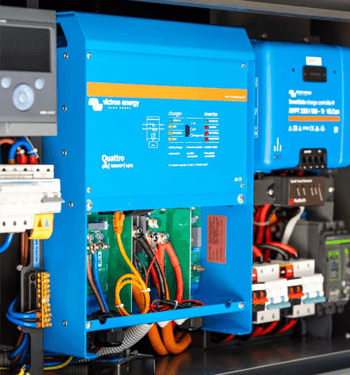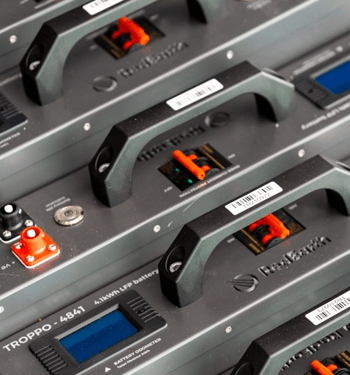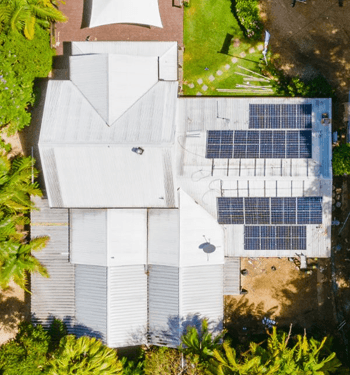Is It Worth It to Go Off-Grid with Solar?
Despite the drawbacks, many homeowners find that going off-grid with solar is worth it. The biggest advantage is cost savings over time. While the initial investment may be high, the long-term cost savings from not having to pay for electricity can be substantial. Additionally, off-grid solar has significant environmental benefits, as it reduces reliance on fossil fuels and greenhouse gas emissions.
Perhaps the biggest advantage, however, is energy independence. With off-grid solar, you don’t have to worry about power outages or fluctuations in energy prices. You are in complete control of your energy usage, which can provide peace of mind for many homeowners. You are not dependent on the development of infrastructure either, which can take a long time to roll out in Australia.




